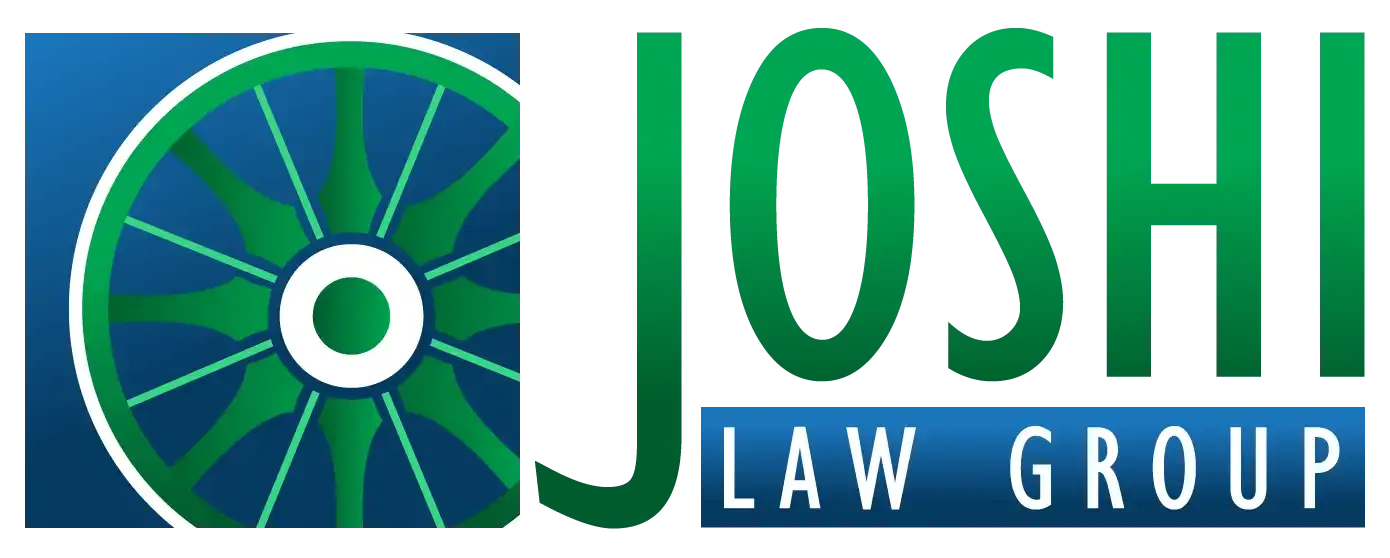Chapter 13
Helping you repay your debts over time without losing your hard-earned assets
Chapter 13 Bankruptcy Attorney In San Diego, California
What Is A Chapter 13 Bankruptcy?
If you're struggling with house or car payments, Chapter 13 bankruptcy, as administered by Deepalie Milie Joshi in San Diego, California, could offer a crucial lifeline. This legal process can forestall foreclosure on your home, aid in the retention of your car, and in certain cases, may reduce your car payments. In some instances, you could qualify for a plan that mandates payment of only a fraction of your debt, while still maintaining ownership of all your assets, including your home and car. Chapter 13 bankruptcy can even offer a solution to those who have lost their driver’s license due to unpaid parking tickets. To fully utilize the benefits of Chapter 13 bankruptcy, professional legal guidance is crucial. Joshi Law Group holds a commendable track record in managing Chapter 13 proceedings for clients, and they are ready to assist you in pursuing a positive resolution. To explore how Joshi Law Group can assist you, schedule an appointment today.
Contact Joshi Law Group to schedule a consultation with a lawyer today. 619-332-2784
How Do I Qualify for a Chapter 13 Bankruptcy?
First and foremost, it's essential to have consistent and stable income - sufficient for meeting the regular payments outlined by the court’s judgment. This income might not necessarily come from employment, but you could qualify if you're a recipient of Social Security or disability benefits, unemployment payments, retirement benefits, or even income from rentals. However, it's important to note that stock or commodity brokers are not eligible for a Chapter 13 bankruptcy. Similarly, corporations cannot seek relief under Chapter 13. Sole proprietors and self-employed individuals could be eligible, assuming their debts meet certain specific conditions. Moreover, if your debts extend beyond a three to five-year timeframe, you could likely qualify after going through a means test to verify your eligibility. At Joshi Law Group, we can scrutinize your situation before you file, assisting you in deciding if a Chapter 13 bankruptcy aligns with your best interests. Should you wish to begin, it's advisable to touch base with our office at the earliest.
What Happens During a Chapter 13 Proceeding?
Joshi Law Group in California is dedicated to guiding you through the process of filing for Chapter 13 bankruptcy. Firstly, it is crucial to establish your eligibility through the aforementioned means test. If you meet the requirements, filing for Chapter 13 bankruptcy will halt any foreclosure proceedings, wage garnishments, repossessions, lawsuits, or other forms of creditor harassment. While Joshi Law Group will assist you in formulating a repayment plan, it is the court's responsibility to approve it. The court must determine whether your proposal has been made in good faith, and that the amount to be received by your unsecured creditors is not less than what you would have paid in a Chapter 7 filing. Moreover, your payments must utilize all your disposable income, which includes all income not allocated to your support and maintenance. Although a complex process, with the guidance of a knowledgeable bankruptcy lawyer like Deepalie Milie Joshi, you can navigate this process with confidence. To initiate the process, please contact Joshi Law Group today.
Disclaimer: We are a debt relief agency. We are attorneys who help people file for bankruptcy relief under the bankruptcy code.

